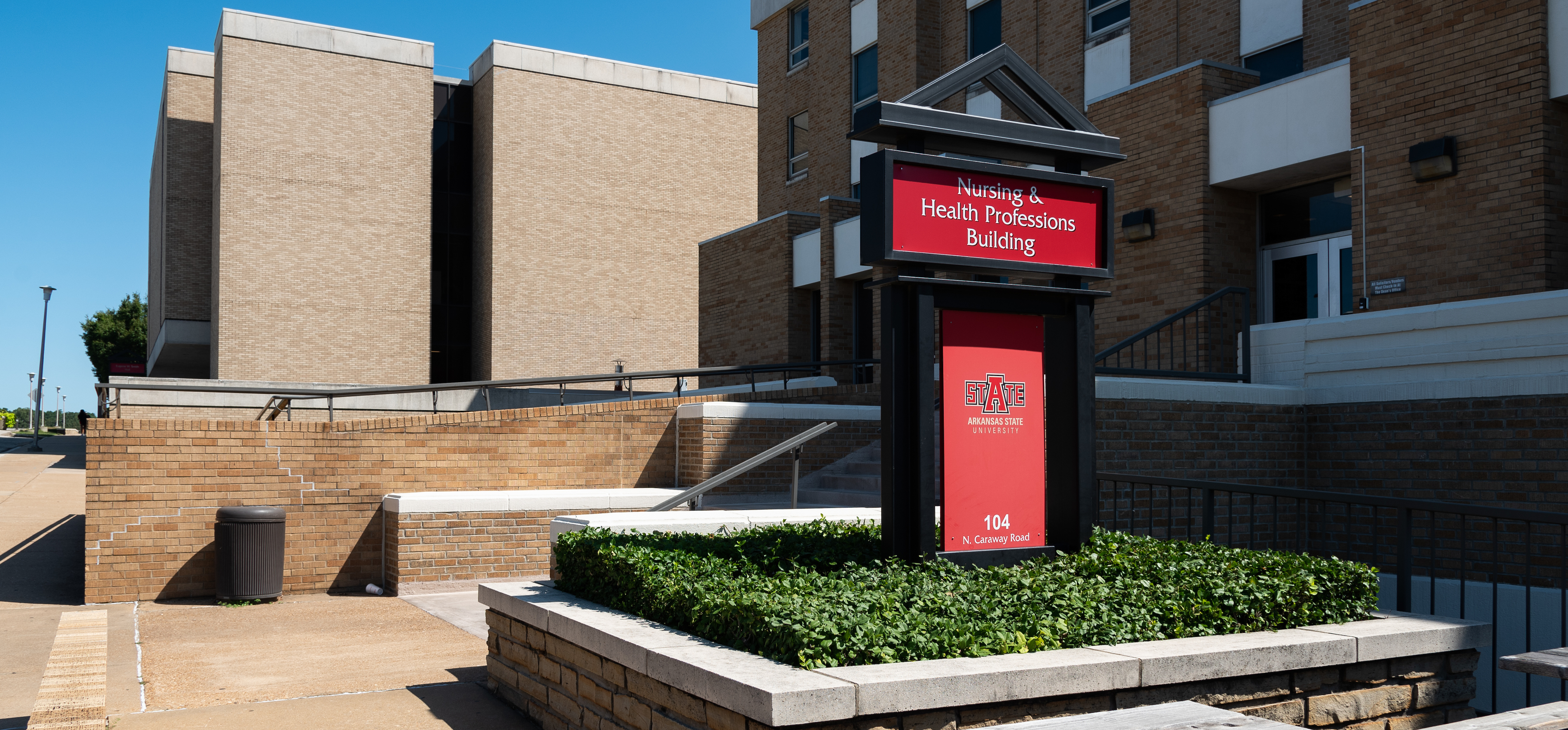Degree Name
Nursing Practice, DNP
Publication Date
2025
First Advisor
Sandy King
Abstract
The US opioid epidemic crisis led to 700,000 deaths in 2019 alone. Poor adherence to medications for opioid use disorder (MOUD) strains individuals, families, and the healthcare systems, with rising relapses at the project site highlighting the need for evidence-based intervention. Studies show that contingency management (CM), a behavioral intervention that incentivizes desired behaviors, improves adherence to MOUD. Despite its effectiveness, CM remains underutilized in clinical settings due to healthcare providers’ lack of knowledge and self-efficacy. This project aimed to bridge the knowledge gap by implementing an educational intervention to impact healthcare providers’ knowledge and self-efficacy in applying CM protocols at a substance use disorder (SUD) clinic. Using a quasi-experimental pre-post design with the Evidence-Based Nursing Practice Self-Efficacy Scale and the Generalized Self-Efficacy Scale, the PI assessed the impact of CM education on the participants. Data using the Wilcoxon Signed-Rank Test (n=11) indicated a statistically significant improvement in the participants’ knowledge (V = 0.00, Z = -3.051, p = .002) and self-efficacy (V = 0.00, Z = -3.127, p = .002) following the intervention. The targeted education on CM can help close the knowledge and self-efficacy gap, improve evidence-based practice in SUD clinics, and ultimately improve adherence to MOUD, leading to better treatment outcomes. Continued education and institutional support are needed to sustain practice change.
Rights Management

This work is licensed under a Creative Commons Attribution-NonCommercial 4.0 International License
Recommended Citation
Egwudo, Chinwe, "Using Educational Intervention to Impact Provider and Nurse Knowledge and Self-Efficacy in Contingency Management at an SUD Clinic" (2025). Doctor of Nursing Practice Projects. 104.
https://arch.astate.edu/dnp-projects/104


